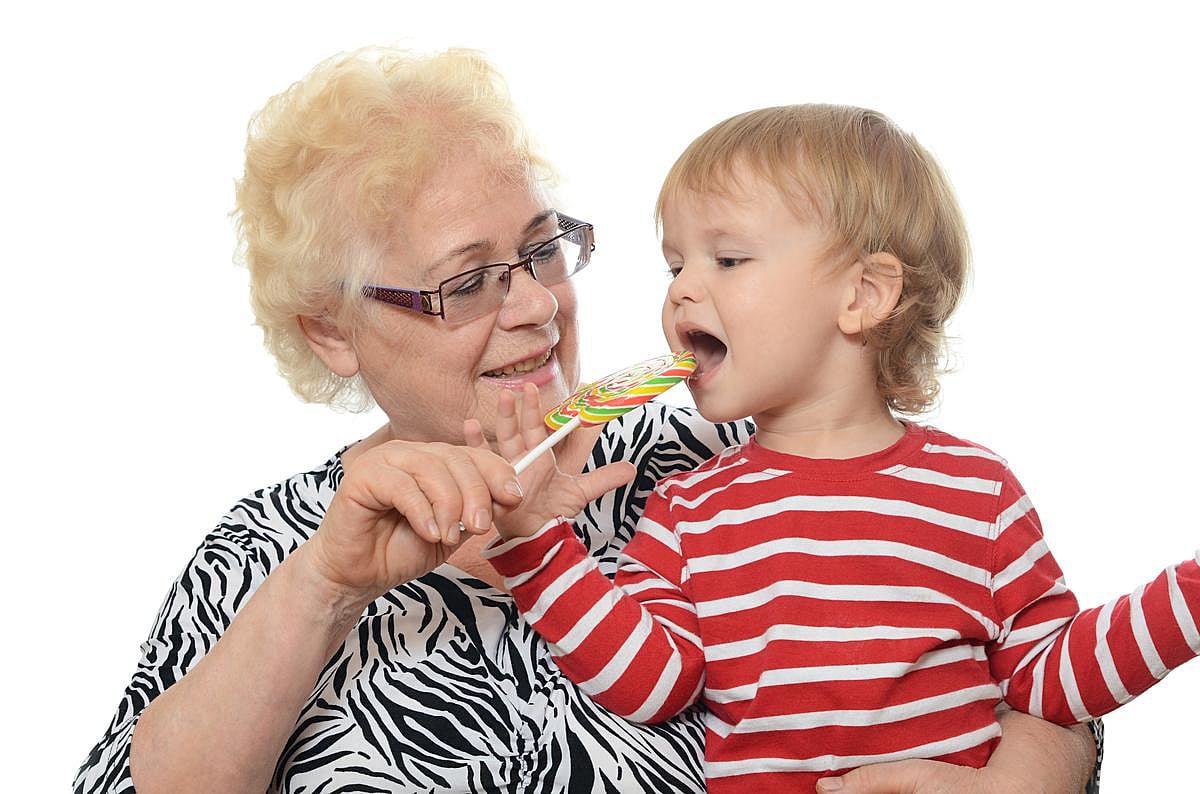Association partly mediated by decreased biological aging and higher physical activity levels
By Lori Solomon HealthDay Reporter
THURSDAY, May 29, 2025 (HealthDay News) — Higher social engagement in adults 60 years and older is associated with reduced mortality risk, possibly due partly to decreased biological aging and higher levels of physical activity, according to a study published online May 21 in the Journal of the American Geriatrics Society.
Ashraf Abugroun, M.B.B.S, M.P.H., from the University of California, San Francisco, and colleagues investigated the biological, behavioral, and psychological pathways mediating the relationship between social engagement and mortality risk. The analysis included data from 2,268 participants (aged 60 years and older) in the Health and Retirement Study.
The researchers found that higher social engagement was associated with lower all-cause mortality rates over four years of follow-up. Compared with the low and moderate engagement groups, the high social engagement group had a lower median biological age, healthier behaviors, and lower prevalence of depressive symptoms. High social engagement was significantly associated with lower mortality risk versus low engagement (adjusted hazard ratio, 0.58). This effect was partially mediated by regular physical activity (16 percent) and decelerated biological age (15 percent), but no significant mediating effect was seen for high depressive symptoms, excess alcohol use, and tobacco use.
“Staying socially active is more than a lifestyle choice. It is closely linked to healthier aging and longevity,” Abugroun said in a statement. “These results underscore how participating in community life contributes to better health in older adults.”
Copyright © 2025 HealthDay. All rights reserved.








